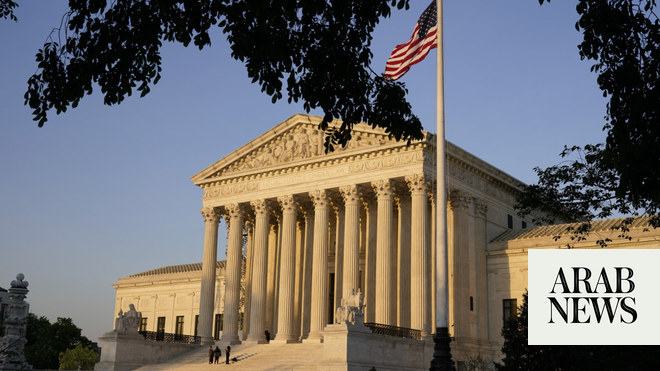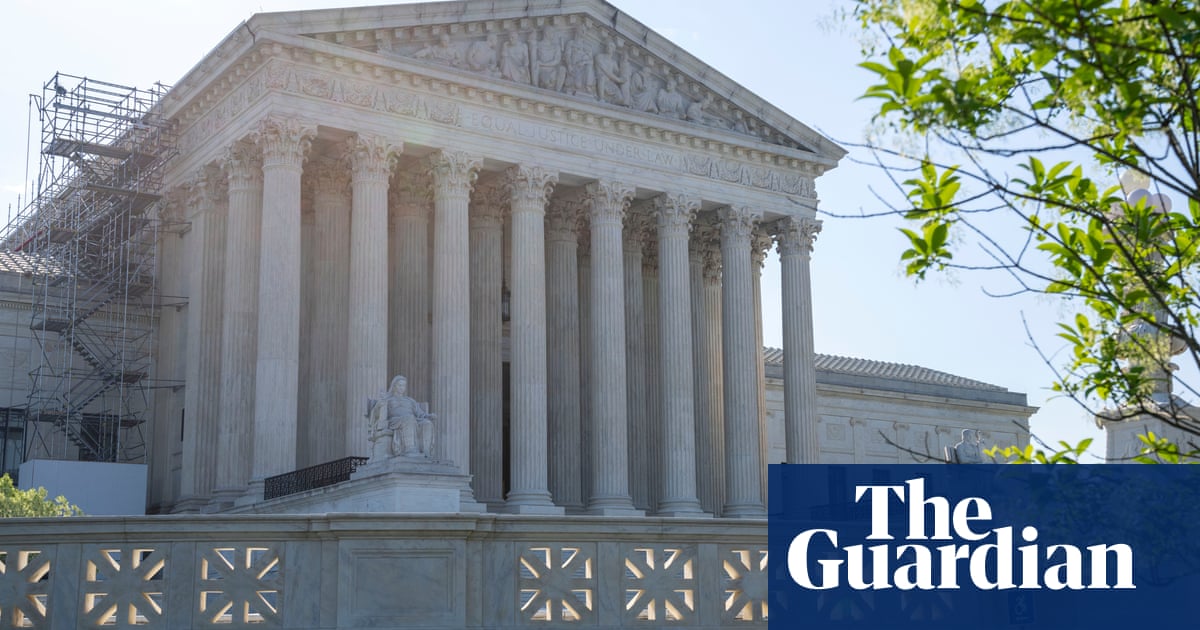
Millions of women in the US will lose the constitutional right to abortion after the Supreme Court overturned a 50-year-old ruling that legalized it.
The court struck down the landmark Roe v Wade decision, weeks after an unprecedented leaked document suggested it favored doing so.
The judgment will transform abortion rights in America, with individual states now able to ban the procedure.
Half of US states are expected to introduce new restrictions or bans.
Thirteen have already passed so-called trigger laws to automatically outlaw abortion following the Supreme Court"s ruling. A number of others are likely to pass new restrictions quickly.
In total, abortion access is expected to be cut off for about 36 million women of reproductive age, according to research from Planned Parenthood, a healthcare organization that provides abortions.
Outside the Supreme Court, demonstrators from both sides had gathered before the judgment came, with police keeping them apart.
One anti-abortion activist told the BBC she was "elated" as her side cheered the decision. "It"s not enough just to make this the law of the land. To be pro-life is to make [abortion] unthinkable," she said.
Across the divide, pro-choice supporters decried the decision as "illegitimate" and even a form of "fascism".
The BBC"s Samantha Granville, reporting from an abortion clinic in Little Rock, Arkansas, said that as the ruling was posted, doors to the patient area were shut and the sound of distant sobbing could be heard before she was asked to leave. The state is one of those subject to a trigger law.
The Supreme Court had been considering a case, Dobbs v Jackson Women"s Health Organization, that challenged Mississippi"s ban on abortion after 15 weeks.
But the conservative-majority court ruled in favour of the state by a vote of six to three along ideological lines - effectively ending the constitutional right to an abortion.
"We therefore hold that the Constitution does not confer a right to abortion... and the authority to regulate abortion must be returned to the people and their elected representatives," the judgment read.
The landmark 1973 Roe v Wade case saw the Supreme Court rule by a vote of seven to two that a woman"s right to terminate her pregnancy was protected by the US constitution.
The ruling gave American women an absolute right to an abortion in the first three months (trimester) of pregnancy, but allowed for restrictions in the second trimester and for prohibitions in the third.
But in the decades since, anti-abortion rulings have gradually pared back access in more than a dozen states.
Friday"s ruling amounts to a wholesale reversal of the Supreme Court"s own legal precedent - an extremely rare move - and is likely to set up political battles that divide the nation.
In states where opinions on abortion are closely split - such as Pennsylvania, Michigan and Wisconsin - the legality of the procedure could be determined on an election-by-election basis. In others, the ruling may set off a new round of legal battles, including over whether individuals can go out of state for abortions or order abortion drugs through mail services.
Democratic governors of several states including California, New Mexico and Michigan have already announced plans to enshrine abortion rights within their constitutions now that Roe v Wade is overturned.
US Vice-President Kamala Harris also met the Democratic attorneys-general of seven states on Thursday to discuss how to defend abortion rights.
Governor of Mississippi Tate Reeves quickly welcomed the ruling, saying his state had "led the nation to overcome one of the greatest injustices in the history of our country".
"This decision will directly result in more hearts beating, more strollers pushed, more report cards given, more little league games played, and more live well lived. It is a joyous day!" he wrote.
Former Vice-President Mike Pence, a long-standing critic of Roe v Wade, said: "The judgment has "given the American people a new beginning.
"Having been given this second chance for life, we must not rest and must not relent until the sanctity of life is restored to the centre of American law in every state in the land," he wrote.
On the other side of the divide, Democratic Speaker of the House Nancy Pelosi said that "the Republican-controlled Supreme Court" had achieved that party"s "dark and extreme goal".
"American women today have less freedom than their mothers," she wrote. "This cruel ruling is outrageous and heart-wrenching."
Rights group the American Civil Liberties Union (Aclu) tweeted: "We won"t deny what a horrible moment this is."
"No matter what the courts say, no one should be forced to carry a pregnancy against their will... abortion is our right. We"ll never stop fighting for it."
The reversal of a long-standing precedent has also raised fears for other rights decided upon by the Supreme Court in the past.
Justice Clarence Thomas, in his opinion, wrote: "In future cases, we should reconsider all of this Court"s substantive due process precedents, including Griswold, Lawrence, and Obergefell" - referencing three landmark decisions of the past on the right to contraception, the repeal of anti-sodomy laws, and the legalization of same-sex marriage respectively. — BBC












